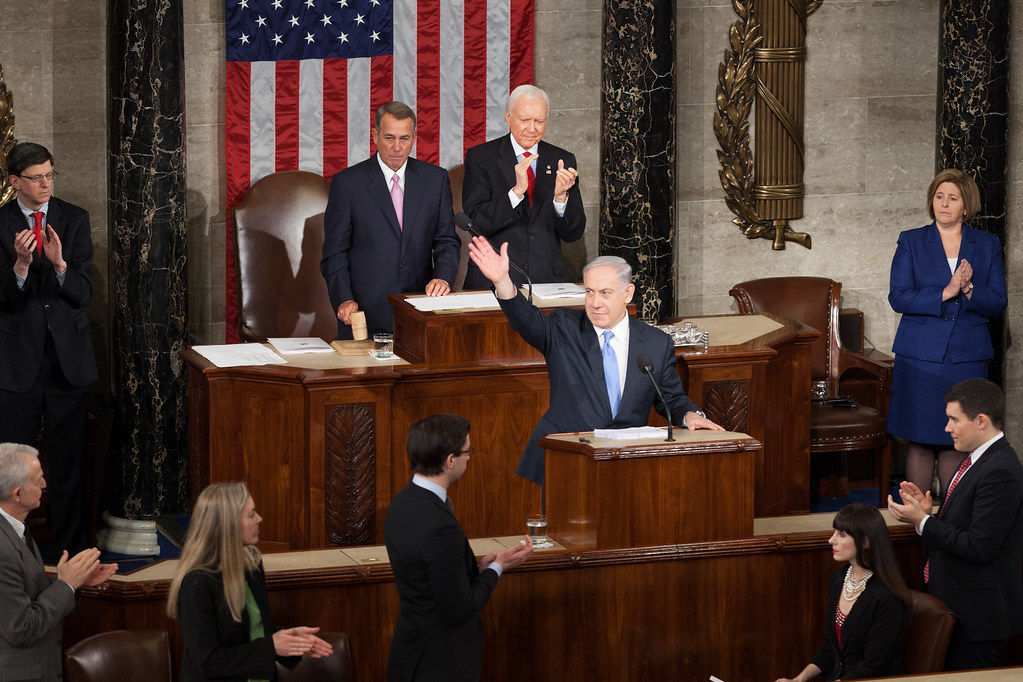For over two centuries, Columbia University has been a pillar of both New York City and American democracy as a whole. Columbia has educated democratic icons such as Ruth Bader Ginsburg, Barack Obama and Alexander Hamilton while upholding free speech through their numerous student publications. These actions have established the school as a symbol of what American higher education is supposed to be: democratic, intellectual and transformative.
However, these values are now under attack by Trump’s recent governmental funding cuts and Columbia’s responses to the protests that prompted them. For the past year, Columbia has addressed pro-Palestinian encampments with arrests and crackdowns. CNN reports that Trump’s decision to withhold $400 million in federal funding unless the school addresses the alleged rise in antisemitism, which accompanied these protests, has only exacerbated this. These cuts have forced Columbia to comply with a list of executive demands, which includes increasing policing and granting the Trump Administration the ability to enforce disciplinary action, expel and suspend students as seen fit.
Unfortunately, this situation is not unique to Colombia; it is occurring at colleges across the country. Six other elite colleges have faced similar funding cuts and demands, while the Department of Education has warned more than 60 to combat antisemitism or face “potential enforcement actions,” likely in the form of similar funding cuts, according to Associated Press News. To me, it has become clear that these funding cuts and demands threaten institutional independence and free speech on university campuses, impacting the quality of education students receive. In turn, I believe that now is the best time to attend college overseas.
As a result of Trump’s crack downs and funding cuts, CNN shares that some protesters, students and educators across the United States now fear speaking their minds in academic spaces out of concern for their safety. The New York Civil Liberties Union furthers that Trump’s funding cuts have “coerce[d] colleges and universities into censoring student speech and advocacy that isn’t MAGA-approved, like criticizing Israel or supporting Palestinian rights.” The decision for many universities to crack down on pro-Palestinian protests by arresting participants reflects this, according to The Guardian. CNN continues that when this occurred at Columbia, it had “a chilling effect” on students. Now, they must “think carefully before exercising their constitutionally protected right to free speech.”
Even schools in the U.S. that aren’t targeted by Trump’s orders are facing worry and change. Yale News reports that Yale University, a school that has not had any funding revoked, recently saw three professors depart to Canadian universities, citing fear of Trump’s demands. One of these professors was Jason Stanley, who studies fascism and teaches philosophy. According to The Guardian, Stanley “noted if more elite educators decide to leave for similar reasons as the Yale professors, the universities will be weakened as well,” alluding to the possibility of an overall decline in American higher education.
Contrarily, many foreign colleges do not face the same concerns over free speech and protest. In the UK, “80% of students feel that they are free to express their views at university, compared to 70% of the wider public,” according to Universities UK. In Canada, schools are “not seeing the same degree of political interference or influence…some U.S. states [are],” according to an interview of Canadian Politics Teacher Jeffery Sachs by The Montreal Gazette. Given this contrast between foreign and domestic academic freedom, I believe that attending a foreign college offers a safer, more democratic experience.
One could argue that colleges in the U.S. will be able to preserve their independence, given that 150 of them signed a letter rebuking Trump’s oppressive demands, as reported by NBC. These colleges include Harvard University, which has stood by this letter despite having $2.2 billion in federal grants canceled. Co-signers also include all Ivy League colleges except Dartmouth.
Sadie Schoenberger, a Poly Prep senior graduating to Yale, expresses optimism as a result of this letter. “I was very excited and felt more assured after seeing Harvard release a statement,” she said. While Schoenberger did claim that she regretted not applying to foreign universities, she shared that she’s confident in the integrity of her education at Yale, knowing that “Yale has been in constant discussion…of how to mitigate these factors” of governmental overreach and censorship.
However, Trump’s demands will harm schools regardless of whether they protest or comply, as demonstrated through Harvard’s recent programmatic losses. Despite attempting to defy government control, the Harvard Magazine reports that the school has been forced to pause scientific research concerning deadly diseases due to funding cuts. This has not only hindered people from pursuing a higher education, but also the development of life-saving medicines.
This juxtaposes the funding situations in many foreign countries, where universities have either seen increased or stable economic input. According to the European University Association, Austria, Germany, Norway, Belgium, Denmark, Sweden, the Netherlands, Luxembourg, and France all see “sustained growth patterns” with sharp rises in university funding over the past sixteen years. The EUA continues that Iceland, Croatia, Portugal, and Hungary have all seen positive trends in university funding within the past five years, despite seeing declines in the early 2010s. Given that Cambridge, Oxford, St. Andrews, and other elite colleges are in these countries, it’s abundantly clear that students are more likely to receive a stable, safe and quality education overseas.
Overall, evidence reveals that the overwhelming majority of colleges in Europe and Canada offer a politically and economically safer alternative to turn to as American universities begin to crumble under our current political environment. Whether you’re a senior taking a gap year before continuing your studies or a freshman beginning to explore your options, you should consider foreign universities. It’s more American than you might think.

























